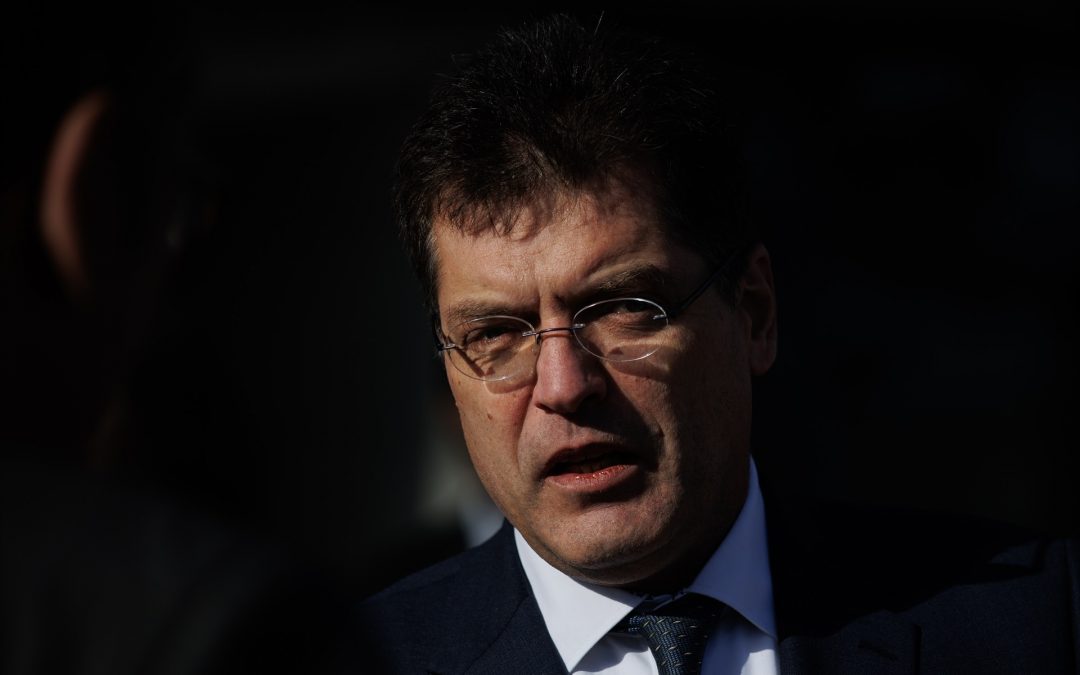Strasbourg – The European Commission received the Czech request for assistance after the floods through the Union’s civil protection system on Tuesday. In a debate with Members of the European Parliament today, crisis management commissioner Janez Lenarčič stated that Slovenia had already offered help. Most MEPs called for a quick release of funds from the Union’s solidarity fund for the affected countries, many of them also spoke about increasing activity in the fight against climate change.
Lawmakers today included an extraordinary debate on the possibilities of assistance after the floods, which have hit Central European countries including the Czech Republic in recent days, on the agenda of the plenary session in Strasbourg. “We have offered assistance and a prompt response through the civil protection mechanism, personnel and material are immediately available,” Lenarčič stated at the beginning of the debate. Czech Deputy Prime Minister Vít Rakušan (STAN) declared on Tuesday that the Czech Republic had requested 15,000 dryers. According to Lenarčič, the Czech request arrived in Brussels on Tuesday afternoon. Slovenia has so far offered unspecified assistance.
The system allows member states affected by natural disasters to request, for example, the deployment of rescue teams or specialists, or material assistance. Union countries can also request financial assistance from the solidarity fund. A number of MEPs, including Czechs, called for its rapid use today. As MEP Danuše Nerudová (STAN) from the largest EPP group stated, part of the MEPs want to call for the acceleration of administrative processes related to the fund in the resolution they will vote on on Thursday.
This tool was created by the Union in 2002 in response to the catastrophic floods that then affected Central Europe. Since then, member and partner states have used it on more than 130 occasions and obtained a total of over 8.2 billion euros (205 billion crowns) from it. (September 18)
 go to the original language article
go to the original language article
